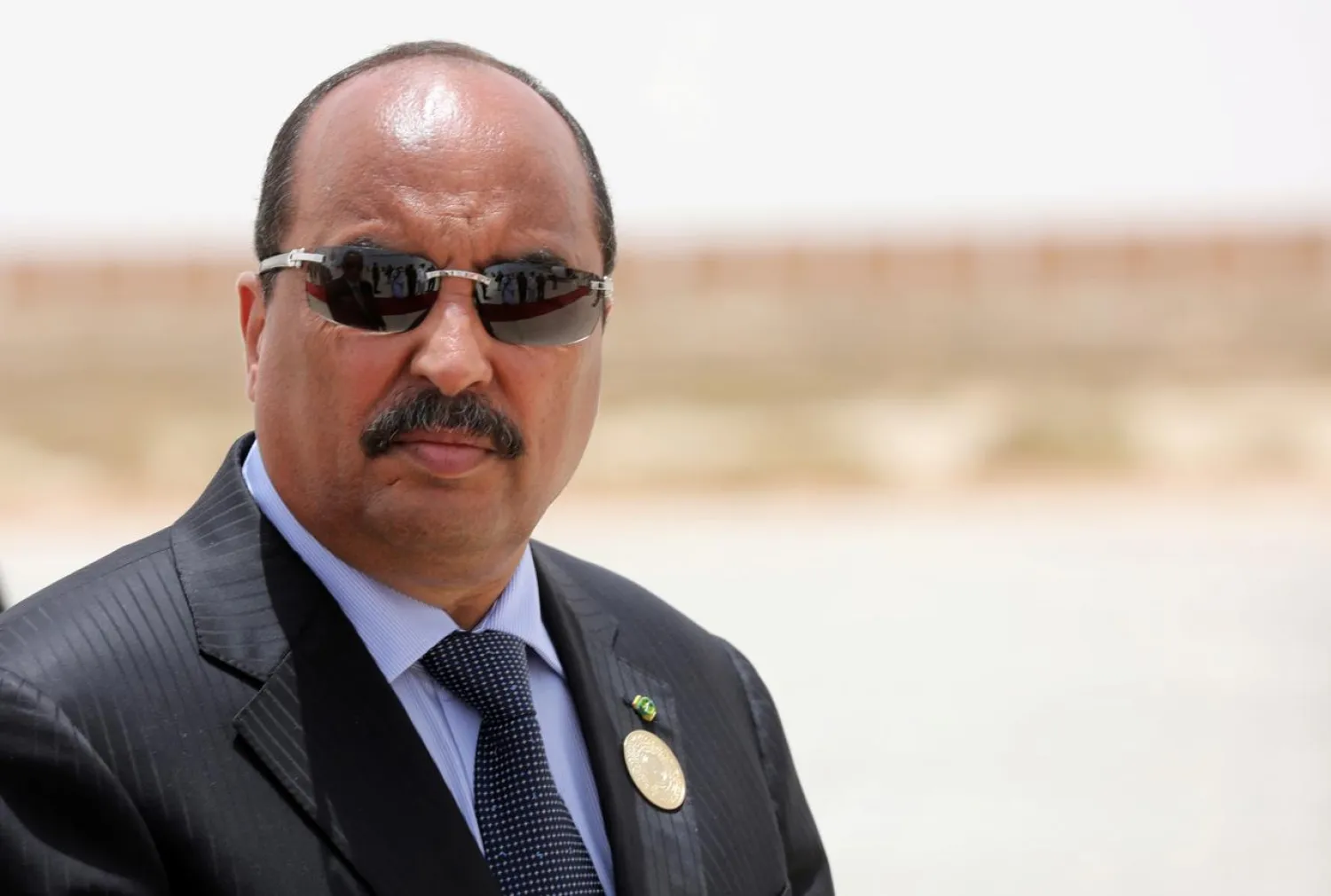The Mauritanian parliament discussed on Monday amendments to a law establishing the High Court of Justice, which has the authority to prosecute presidents and ministers as per the constitution.
The formation of the court coincides with a parliamentary investigation into corruption files that purportedly involve former President Mohamed Ould Abdel Aziz, who is said to have decided to grant a Mauritanian island to the former Emir of Qatar, Hamad bin Khalifa Al Thani in 2012 during what was known as the Arab Spring.
The committee formed by the Mauritanian parliament conducted investigations on infrastructure, roads, real estate and energy deals, and listened to the testimonies of ministers and officials, who worked with Ould Abdel Aziz. The last file opened by the committee before submitting its final report next week pertained to a decision taken by the former president on granting a Mauritanian island to the former emir of Qatar.
The documents obtained by the parliamentary committee, leaked by the local media, showed correspondence between the Qatar embassy in Nouakchott and the Ministry of Foreign Affairs of Qatar about receiving a “beautiful Mauritanian island” as a gift from Ould Abdel Aziz to Hamad bin Khalifa.
In April 2012, Ould Abdel Aziz appointed a presidential advisor, lawyer Ibrahim Ould Daddah, who was instructed to follow up on the procedures for handing over the island to the Qataris and who was later appointed as Minister of Justice.
The case angered a large number of Mauritanians, especially as the said island is located on a coastal basin on the Atlantic Ocean and is a natural reserve and a safe haven for millions of migratory birds and rare types of fish.
Despite the progress of talks between the Qataris and the regime of Ould Abdel Aziz over the gift, discussions were halted when the former president was shot in October 2012, an incident that sent shockwaves across the country. He survived the attack.
Some members of the Mauritanian parliament believe, however, that the former president’s move, even unfinished, constituted a violation of the constitution and could end up with a charge of high treason against him, thus lifting his immunity.









